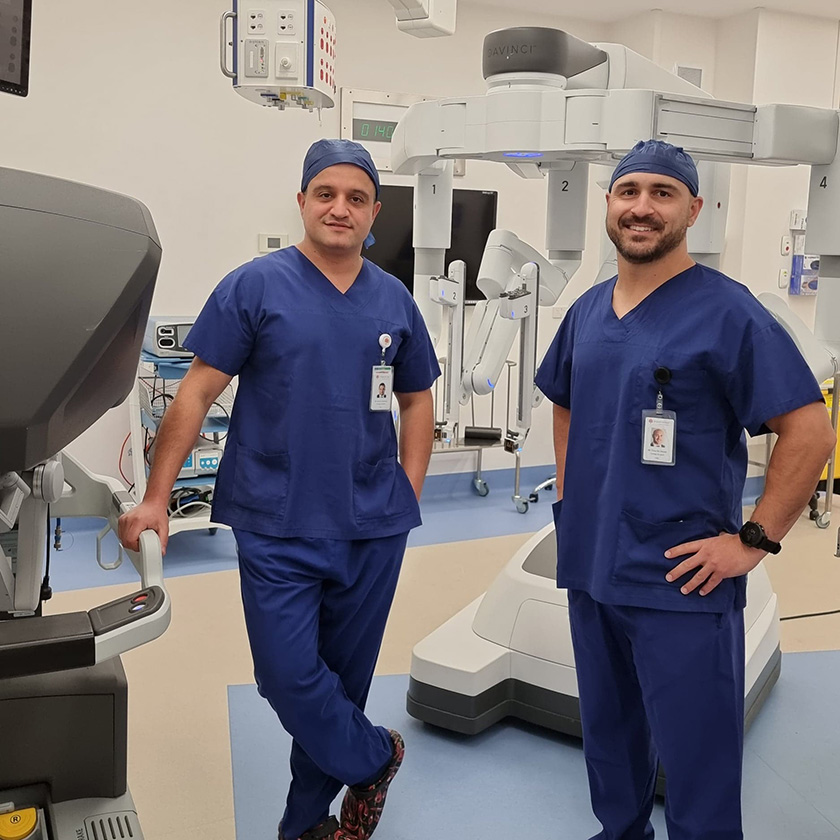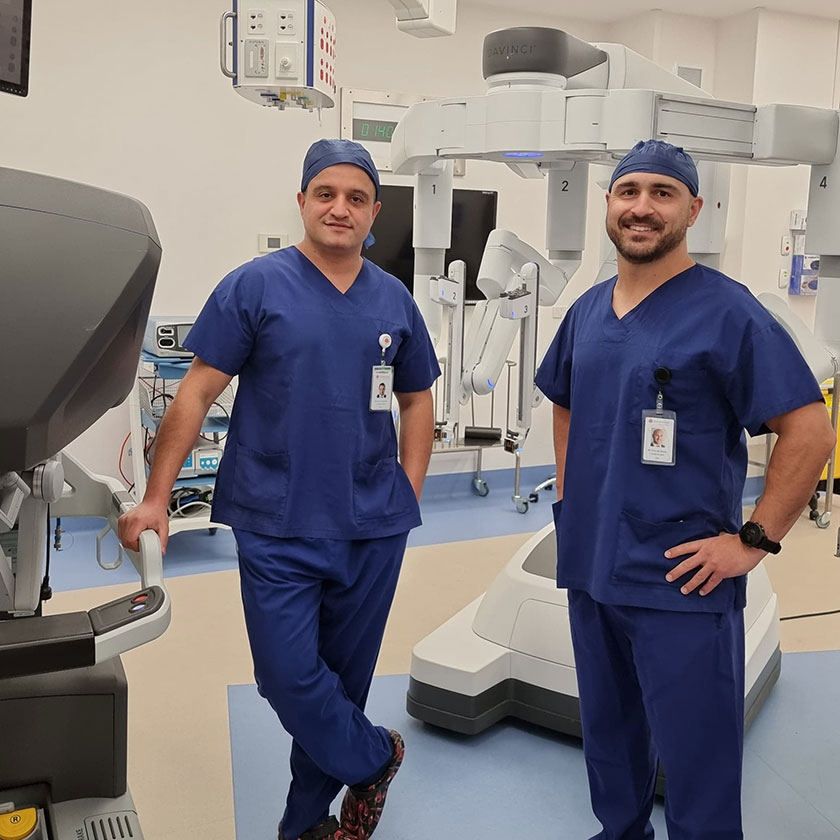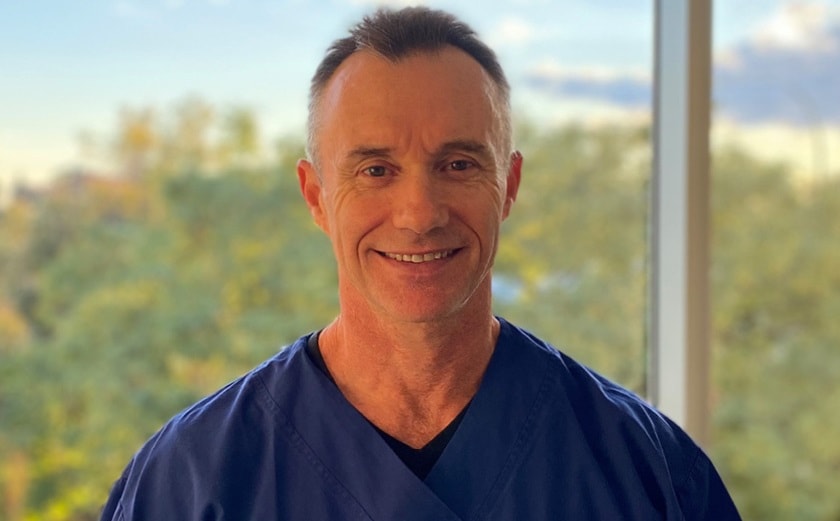In reality, there are a number of factors that can impact patient outcomes.
“There really is no ‘one size fits all’ approach,” offers St John of God Berwick Hospital Specialist Urologist Dr Shekib Shabaz. “Not all prostate cancers are the same ─ some are almost part of the aging process and will never cause any problems.”
“However,” adds St John of God Berwick Hospital Specialist Urologist Dr Tony de Sousa, who works alongside Dr Shahbaz at Melbourne Urology, “It’s really important that men become proactive in monitoring their health. That can be as simple as becoming aware of their risks.”
According to the Prostate Cancer Foundation of Australia, if you have a father or brother with prostate cancer, your risk of being diagnosed with it, doubles. Alarmingly, that figure increases five-fold if you have two or more close relatives with prostate cancer.
Other risks to consider:
- The risk of developing prostate cancer increases as you get older.
- Your chances of being diagnosed are greater if you have a relative that is diagnosed with prostate cancer at a young age.
- A family history of breast or ovarian cancer, and/or having BRCA1 or 2 genes adds to your risk level.
- An unhealthy diet high in processed meats, or foods high in fat may contribute to a diagnosis.
- Lifestyle and environmental factors are also being investigated as potential risk factors
There is a screening blood test for prostate cancer called a PSA (prostate specific antigen) test. “PSA screening is about finding the aggressive cancers early while they are still curable and before they spread to other parts of the body,” explains Dr de Sousa.
While an elevated PSA warrants further investigation, it doesn’t always indicate cancer. “A high PSA doesn’t always mean that there is cancer present ─ that’s why it is important to see a specialist urologist,” confirms Dr Shahbaz. “Other investigations may include a physical examination and prostate MRI to determine the need for a prostate biopsy, which is the definitive test for prostate cancer,” he adds.
There is good evidence from large population studies that selective screening of men 50-69 years of age, who are interested in assessing their prostate cancer risk, can save lives. For men with a higher risk including family history of prostate cancer, testing may commence at an earlier age.
Currently, Australian men have a one in five chance of developing prostate cancer by the time they are 85. That figure equates to 66 men being diagnosed each day, with 10 men a day dying from the disease. It is therefore important to be aware of your health and what the warning signs are.
Prostate cancer generally does not have any symptoms. This is why PSA screening is important. However, in more advanced cases, symptoms can occur due to spread to the bones or other organs.
Urinary symptoms such as slow urine flow, waking at night to pass urine and going to the toilet to pass urine often are more commonly a result of an enlarged prostate, rather than prostate cancer.
However, Dr Shahbaz highlights that seeking the advice of a specialist urologist for guidance and a tailored treatment plan is key to maintaining a proactive approach to men’s health. “Quite often patients come to us having read or heard a lot of different information from varied sources ─ much of it is misinformation or not applicable to their personal circumstances. This is an integral part of our role as urologists: to demystify prostate cancer and to provide our patients with relevant, practical treatment advice that is tailored to the individual.”
Treatment options for prostate cancer patients may include minimally invasive robotic radical prostatectomy ─ a keyhole procedure performed with state of the art robotic equipment, which offers a precise surgical approach with a fast recovery and minimal bleeding. Alternatively, some men may opt for radiation treatment. Systemic therapy including hormone therapy and chemotherapy is generally reserved for patients with advanced disease.
“For many men, surgery provides a curative option and gives the patient peace of mind in knowing that the cancer has been removed,” explains Dr de Sousa. “However, surgery isn’t the only option. There are a number of approaches to treatment that we can take, depending on the patient. Most importantly, we understand the need to take the time to explain complex conditions in simple terms, so patients and their family are properly informed.”
Dr Shahbaz adds, “Prostate cancer can be daunting and confusing, but with the right team, the highest standard of care, and a great support network, good long-term outcomes are expected for many men.”
If you would like further information or you wish to arrange a consultation with a specialist urologist, please phone Melbourne Urology Centre on 1300 702 811.







